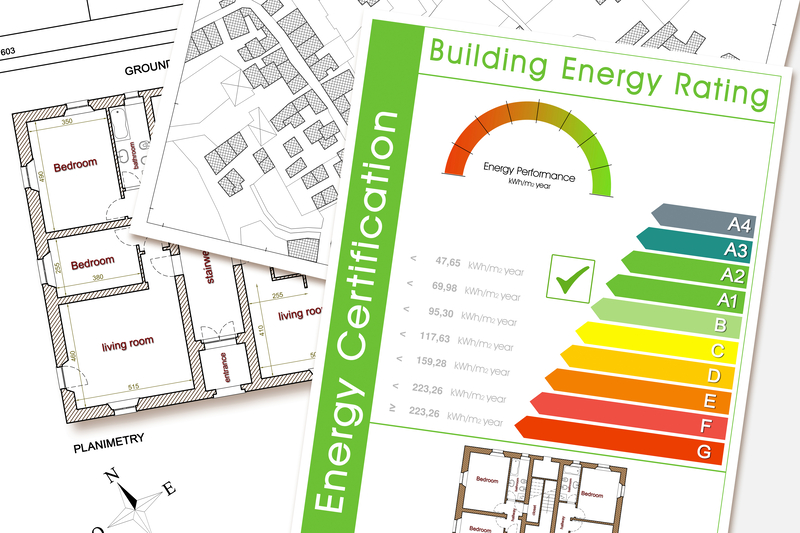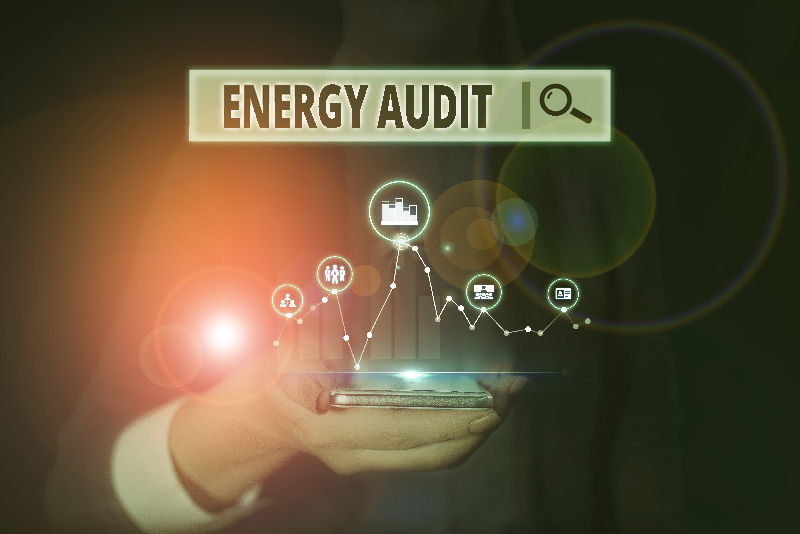NYC Local Law 87 and 88: Benefits and Compliance Guide
This article covers everything you need to know about Local Law 87 and Local Law 88 compliance. These laws were passed as part of the NYC Greener Greater Buildings Plan, which targets New York City building energy efficiency. We’ll cover when is LL87 due as well as LL87 energy audits, how to comply with the energy efficient lighting and submetering requirements of LL88, and how to maximize the benefits of all of the above for your building.
At Aggressive Energy, we’re experts at NYC Local Law Compliance. We’ll help you create a sustainability plan and work collaboratively to ensure your energy goals are met without breaking the bank.
Read on to learn about NYC Local Law 87 and 88!
What is Local Law 87?

Passed as a part of the Greener Greater Buildings Plan, Local Law 87 put in place specific energy audit and retro-commissioning benchmarking requirements for all buildings over 50,000 gross square feet. It also applies to multiple buildings that combined are over 100,000 gross square feet on a single lot. These buildings must conduct regular energy audits and retro-commissioning measures.
The law was created in an effort to help building owners better understand their property’s energy efficiency and highlight areas that need improvement. This, in combination with the benchmarking guidelines set in place by Local Law 84, was designed to make energy efficiency a higher priority for NYC building owners.
What does LL87 require?
LL87 requires that energy audits and retro-commissions must be submitted in an Energy Efficiency Report, or EER, every ten years. To find the year your compliance is required to begin, look at the last digit of your tax block number. All tax block numbers besides 1 and 2 (which are due December 31, 2021 and 2022, respectively) should have already submitted their first report. All following reports will be due to the city again ten years later on the same date, December 31.
Your EER should include the following information:
- Basic information about your building
- List of current equipment
- Breakdown of your building’s energy use
- Energy conservation practices identified from the audit you plan to implement
- Measures you plan to include in your building’s retro-commissioning plan
What is an energy audit?

Word writing text Energy Audit. Business photo showcasing assessment of the energy needs and efficiency of a building Woman wear formal work suit presenting presentation using smart device
An energy audit analyzes how much energy a building uses. Your audit will give insight on your building’s current energy consumption rate and assess how efficient your energy currently is. Even though you’re only required to submit these reports every ten years, you should be benchmarking your energy consumption annually to ensure you’re making appropriate progress.
What is retro-commissioning of a building?
Retro-commissioning is essentially just making sure your equipment installation and performance is done correctly. Similar to how an energy audit analyzes your building’s overall energy use, a retro-commissioning plan analyzes the appliances actually using the energy. The goal is to improve your existing energy management system and/or to show you what replacements need to be made.
What is Local Law 88?
Like Local Law 87, Local Law 88 was passed as part of the Greener Greater Buildings Plan in an effort to drastically improve New York City building energy efficiency. The law requires the owners of commercial and multi-family buildings to improve the efficiency of their lighting systems and install tenant sub-meters to meet the NYC Energy Conservation Code by January 1, 2025.
How do I comply with LL88?
Your building(s) must comply with LL88 if it falls into any of the following conditions:
- Single building with at least 50,000 square foot of floor space
- Group of 2 or more buildings under the same tax lot, that combined add up to 100,000 square feet
- Group of 2 or more buildings under the condominium form of ownership, that combined add up to 100,000 square feet
If you are the building owner or a co-op and condo association, you are responsible to comply with Local Law 88. You also have the ability to delegate reporting to a consultant or your building manager. If your property is categorized as a certain occupancy group, it may be exempt from the efficient lighting upgrades and/or submetering. Be sure to check with your provider if you think your property may be exempt.
How do I upgrade to LL88 lighting requirements?

Local Law 88 lighting requirements are laid not laid out in the law, but in the NYC Energy Conservation Code. The requirements vary for each type of application, and there are two steps to energy code lighting standards. The first is how much lighting power is used in a given area, which is measured in watts of lighting per square foot. The second is lighting controls, which are things like switches, sensors, and timers.
Here are some tips to upgrade your building to have a light efficient design:
- Determine any exemptions in your existing lighting system
- Develop an upgrade and meter installation plan track your progress
- Install LED lights (or an alternative like compact fluorescent lights that will meet the same high-efficiency standards)
- Install a lighting control system (required for most commercial properties)
- Make sure your exit signs aren’t using any more than 5 watts
- Work lighting upgrades into standard leases (if applicable)
- Consider hiring a lighting consultant
- Work with your energy provider to ensure you’re meeting the code standards
Lighting system elements that meet NYC Energy Conservation Code requirements applicable after July 1, 2010, do not require an upgrade.
Benefits of Local Law 87 and 88

The biggest concern businesses have with green laws like these is the cost associated with them. Green energy is an investment, but it’s certainly one that is worth it for both your business and your community. The long-term savings combined with improving the environment will deliver an ROI that makes it all worth it.
Local Law 87 only requires you to submit your energy audit and retro-commissioning report every ten years, which gives you plenty of time to improve your energy consumption and efficiency. Take advantage of this time by creating a realistic plan that allows you to space out any costly upgrades. LL87 requirements also gets you in the habit of paying attention to how much energy you’re using as well as how much your building’s appliances use.
Local Law 88 uses sub-metering to send an accurate price signal to tenants, which helps reduce energy consumption in leased spaces. When tenants can accurately monitor their electric consumption, they are more likely to practice energy efficient habits. As a building owner, removing these utility expenses from your balance sheet will boost your bottom line as you reduce net operating expenses.
At Aggressive Energy, we understand how busy our clients are. You don’t have time to learn and keep up with the all the NYC Energy Compliance laws, which is why we do it for you. We’re committed to creating sustainable energy plans that are customized to fit our clients needs. If you’re ready to work with an energy provider you can trust, contact us today!